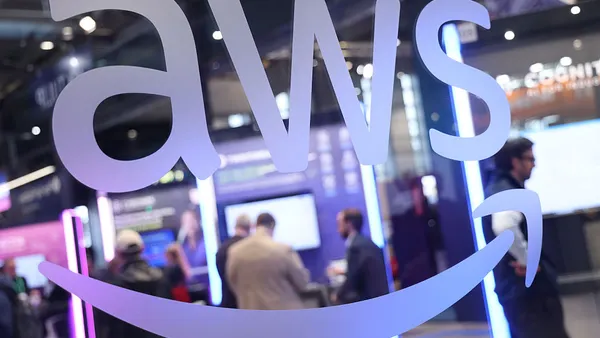Despite ongoing changes in online recruiting in recent months, job board sites remain a popular spot for employers and candidates to connect, according to a Sept. 3 report from iHire.
For instance, 69% of employers said they conduct all or most of their hiring through job boards, and 32% said their reliance on job boards will increase during the next year. In addition, nearly 80% of candidates said they use general job boards, and 54% use industry- or niche-specific ones.
However, job boards may only stay relevant if platforms reinvent themselves, iHire found. Employers said they’d like access to messaging, prescreening questions, skills assessments, interview scheduling options, job ad writing features and applicant tracking system integrations.
“Employers may only stay reliant on job boards that are continuously evolving and reinventing themselves to offer value beyond ‘post and pray,’” according to the report.
In a survey of more than 1,400 job seekers and more than 500 employers in the U.S., other recruiting methods rose to the top as well. Employers said they use referrals from current employees (71%), company websites and career pages (50%) and professional networking sites such as LinkedIn (46%).
Similarly, job seekers said they use professional networking sites (55%), company websites (45%), search engines (42%) and networking (33%). To improve high-quality applicant rates, candidates said employers need to improve their communication and include a hiring timeline, salary range, contact information for the hiring manager or recruiter, benefits information and details about company culture.
Notably, better employer branding and storytelling can improve candidate engagement, the report found. By including specific, compelling details about a company and the job role, employers can attract top talent and show the posting is legitimate. Candidates said ghosting and fake jobs were their top challenges in the job hunt.
In fact, candidate-employer communication appeared to be a major issue, with 59% of candidates and 51% of employers saying ghosting was a major frustration.
AI tools will increasingly change recruitment in the coming year, according to a recruiting leader at Zapier. Both employers and job seekers will use AI more, which could improve communication, iHire said, but will require greater transparency about AI use as well.
Additionally, online recruiting systems will need to streamline overly complicated or long processes, with nearly 6 in 10 candidates saying they’ve quit an application before finishing due to frustration, according to a LiveCareer report. Applicants said their biggest job search woes stem from confusing applications and a lack of communication.














